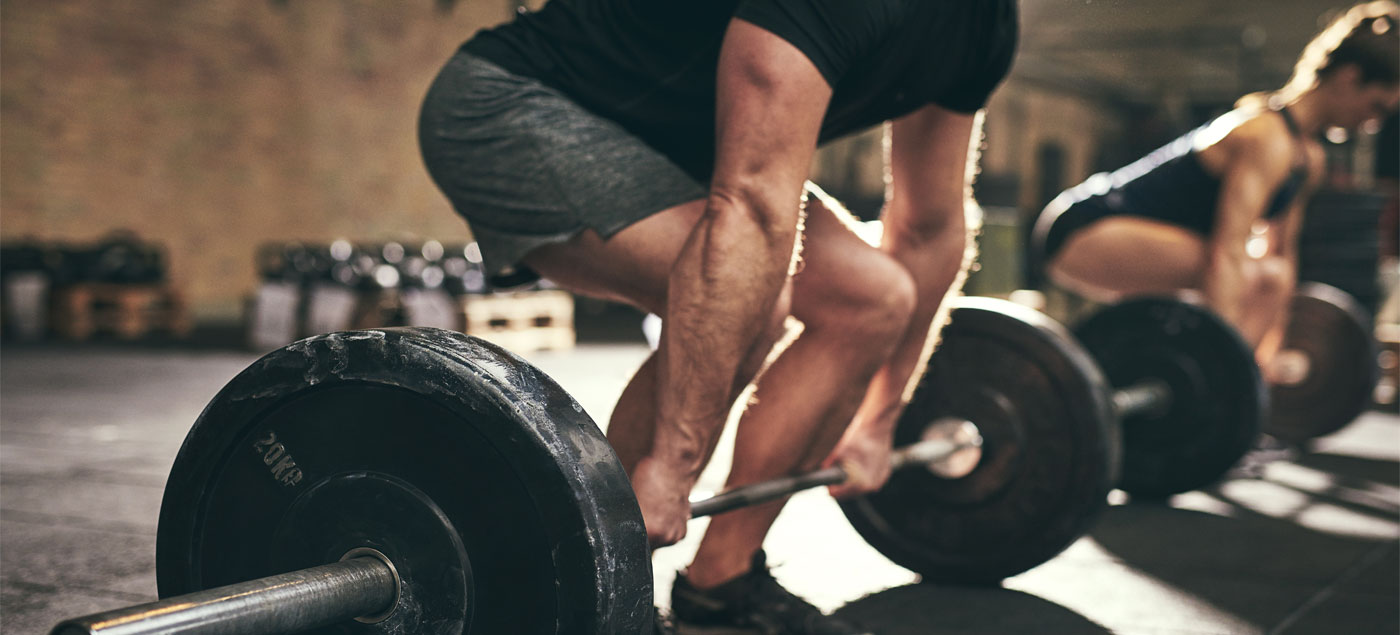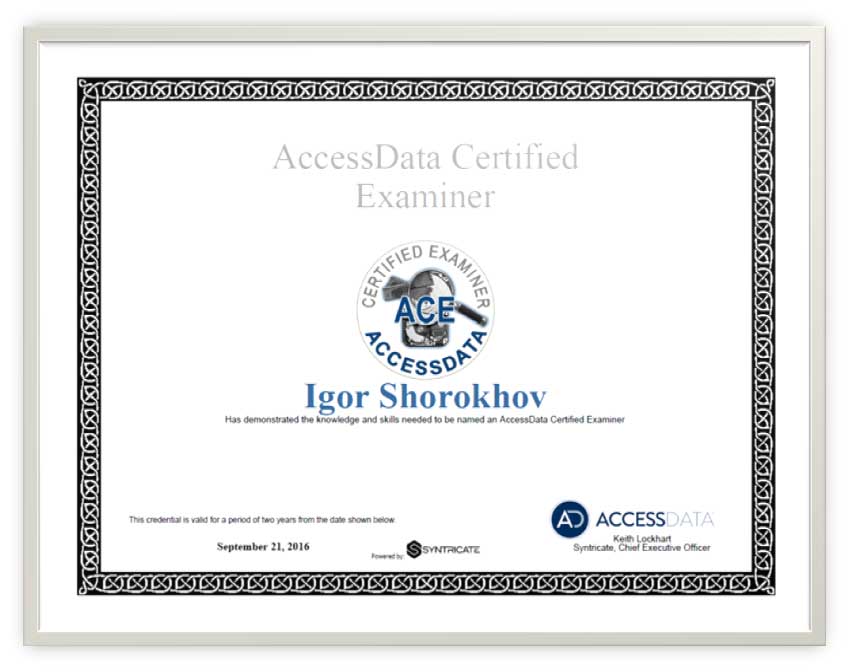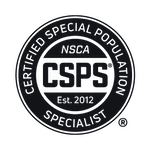
When looking for a Georgia personal trainer salary, there are many things to consider. Among those factors are the expected growth, location and Certification requirements. Below is the expected growth and average salary for this job. The average salary for this job is approximately $15,000, but it may differ from one location to another.
Average salary
Personal trainer salaries range in Georgia from $18,319 to 101,573. The average salary for a Personal Trainer is $51,879 annually. These salaries include an average federal income tax of 22%, and a 6% state income tax. This means that a personal trainer working in Atlanta, Georgia could expect to take home $42,310 in a year, or $1,763 per paycheck.
Personal trainer salaries are affected by many factors including experience, location, commission and sales commission. These salary figures are only meant to give a general idea of what a Personal Trainer can expect. Personal trainers can work in gyms and fitness centers or be independent.

Certifications required
Georgia has no state certification for personal trainers. However, they are required to have some education. Many employers are looking for GED or high school graduates. They often also need to be certified in CPR and first-aid. While not required, a post-secondary degree can provide an individual with valuable background knowledge and allow them to get started sooner. To gain more experience and knowledge, those without certifications might need to be trained by an experienced personal coach.
The University of Georgia's Griffin Campus offers a certificate program in personal training. The World Instructor Training School presents the program. The program includes a 30-hour internship, and eight weeks of coursework. The coursework includes 62 credit hour of classroom instruction, practical learning, and a national certification examination. The coursework covers a wide range of subjects, including exercise physiology, biomechanics, and fitness testing.
Locations
Georgia is seeing a faster growth rate in personal trainers than in other states. According to the labor division, there should be a 24.7 % increase in employment from 2008 to 2018. This should translate into around 70 new job openings per year. Savannah is the most popular location. Sandy Springs, Alpharetta, and Sandy Springs are other top cities.
Georgia is diverse. Although it is not the most economically successful, Georgia has excellent healthcare and freedom for business. It is also 26th in fitness. Personal trainers will find plenty of opportunities in its cosmopolitan populations.

Expected growth
Georgia personal trainers make on average 4.2% higher than the national average. Experienced individuals can expect to make 3.8% less. According to Georgia labor, the state's personal trainer workforce is expected increase by 24.7% from 2008 to 2018. Personal trainers in Georgia earn an average salary of $38,000 annually. A majority of Georgia's personal coaches hold a bachelor’s degree.
Georgia has a high prevalence of obesity. About 65% Georgians are obese or overweight. The state's personal trainers are responsible for helping people to achieve good health through exercise, nutrition, and other activities. This job involves working with a wide range of people, from children to seniors. Some of these people might have joint problems or require special exercises.
FAQ
Can I have alcohol at work?
Consuming large quantities of alcohol can cause you to gain weight. The moderate intake of alcohol (one a day) may improve endurance for workouts. It may also be beneficial in reducing fatigue and muscle aches that can result from vigorous exercise.
Why is fitness so important?
For our health, physical fitness is vital. We must exercise regularly to maintain our weight, strength, flexibility, and cardiovascular system. Exercise also helps us sleep better at night, reduces stress, improves self-esteem, and increases energy levels throughout the day.
What does Nutrition do for Your Body?
Nutrition helps your body function properly by supplying all the nutrients needed for proper growth and development. It is important to eat a balanced diet, rich in fruits and veggies, lean proteins, whole grain, and healthy fats.
What happens if I don't get enough sleep?
You can't get enough sleep and your brain will not be able to regulate hormones and chemicals responsible for controlling appetite and metabolism. This can lead to weight gain and excess eating. You may also feel stressed, which can lead you to overeating.
What Does Exercise Do for Your Body?
Exercising helps you lose weight, build muscle mass, increase energy levels, reduce stress, and improve sleep quality. Exercise has many benefits, including improved moods, higher self-esteem, greater productivity, and lower risk of heart disease.
What does caffeine do to my sleep?
Caffeine influences how quickly and how well you fall asleep. Caffeine can cause drowsiness that makes falling asleep much easier. You may stay awake for longer periods, which makes it more difficult to fall asleep. If you drink coffee or energy drinks right before bedtime, try drinking them later in the evening instead.
What should I eat before I work out?
No. You don't have to eat before you start working out. If you feel hungry after working out, it is a good idea to have a light snack like yogurt or fruit.
Statistics
- Globally, 28% of adults aged 18 and over were not active enough in 2016 (men 23% and women 32%). (who.int)
- In high-income countries, 26% of men and 35% of women were insufficiently physically active, as compared to 12% of men and 24% of women in low-income countries. (who.int)
- Globally, 81% of adolescents aged 11-17 years were insufficiently physically active in 2016. (who.int)
- Adolescent girls were less active than adolescent boys, with 85% vs. 78% not meeting WHO recommendations of at least 60 minutes of moderate to vigorous intensity physical activity per day. (who.int)
External Links
How To
How to keep fit while pregnant
Your body goes through many changes when you get pregnant. Your metabolism slows down and your body eats less as you have a baby. Lack of sleep could make you feel sick. But there are ways you can keep yourself healthy while still enjoying this exciting time in your life!
First, consult your doctor before you begin any exercise program. They will be able to tell you what exercises to avoid and which ones they recommend you do safely. Second, make sure you eat well throughout your pregnancy. This includes eating plenty of protein, fiber, and iron. Third, drink plenty of fluids. You lose a lot of fluids through sweating, so it is especially important to drink water during exercise. Finally, take care of your feet. Your feet should be dry all the time and you should wear shoes that support your feet. Take small bites of toast or crackers if morning sickness is a problem. You might end up feeling nauseated.
-
Take care of your health. A healthy diet is important throughout your entire pregnancy.
-
Get active. Get active for at least 30 minutes each day.
-
Keep a healthy weight Eating smaller meals and snacks can help you lose weight.
-
Get enough sleep. Each night, aim to get at least 7-9 hours of rest.
-
Manage Stress. Learn relaxation techniques.
-
Avoid Alcohol. It may lead to miscarriage and birth defects.
-
Be gentle with yourself. Don't push yourself too hard.
-
Take care of yourself. When you are feeling unwell, have someone come to your aid.
-
Relax. Do things that make you happy.